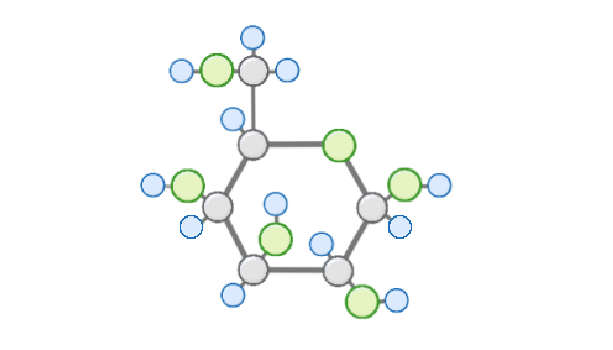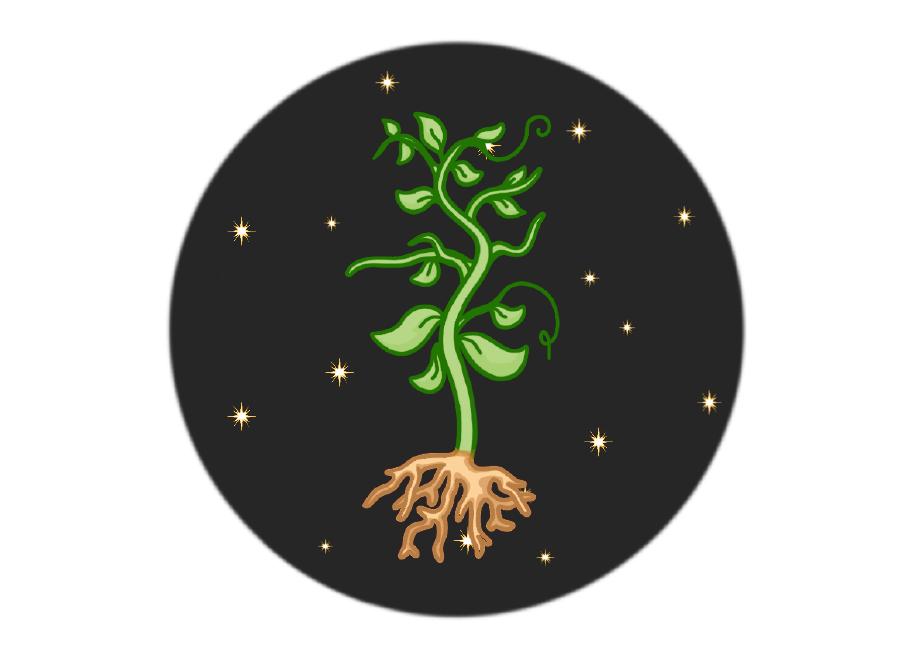Transpiration & Translocation
This lesson covers:
- How sugars are transported around the plant ('translocation')
- How water and mineral ions are transported from the roots to the leaves
- The factors that affect the rate of transpiration

Which part of the plant is glucose produced in?
Leaves
Roots
Stem
|
What do we call the movement of cell sap (a mixture of sugar and water) up and down the plant?
|
Phloem cells have _________ in their end walls to allow cell sap to pass along the phloem tube.
lignin
stomata
starch
pores
|
What does the xylem transport in a plant?
Water only
Water and dissolved sugars
Water and dissolved mineral ions
|

How do root hair cells absorb water from the soil?
Diffusion
Osmosis
Active transport
|
How do root hair cells absorb mineral ions from the soil?
Osmosis
Active transport
Mass transport
Diffusion
|
Which substance are xylem cells reinforced with to make them stronger?
|
What is transpiration?
The release of energy in plant cells
The evaporation of water from the leaves
The movement of water into the root hair cells
|
What happens to the transpiration rate as the temperature increases?
It stays the same
It increases
It decreases
|

Are stomata normally open or closed during the night?
Open
Closed
|
Why does the rate of transpiration increase if the light intensity is increased?
The stomata open wider to let more carbon dioxide into the leaf for photosynthesis.
The humidity increases, which makes the rate of transpiration increase.
The root hair cells become more permeable to water, letting more water into the plant.
|

What happens to the rate of transpiration if wind speed increases?
It stays the same
It increases
It decreases
|
Why does water loss slow down if a plant is put into a plastic bag?
The humidity increases
The temperature increases
The light intensity increases
|